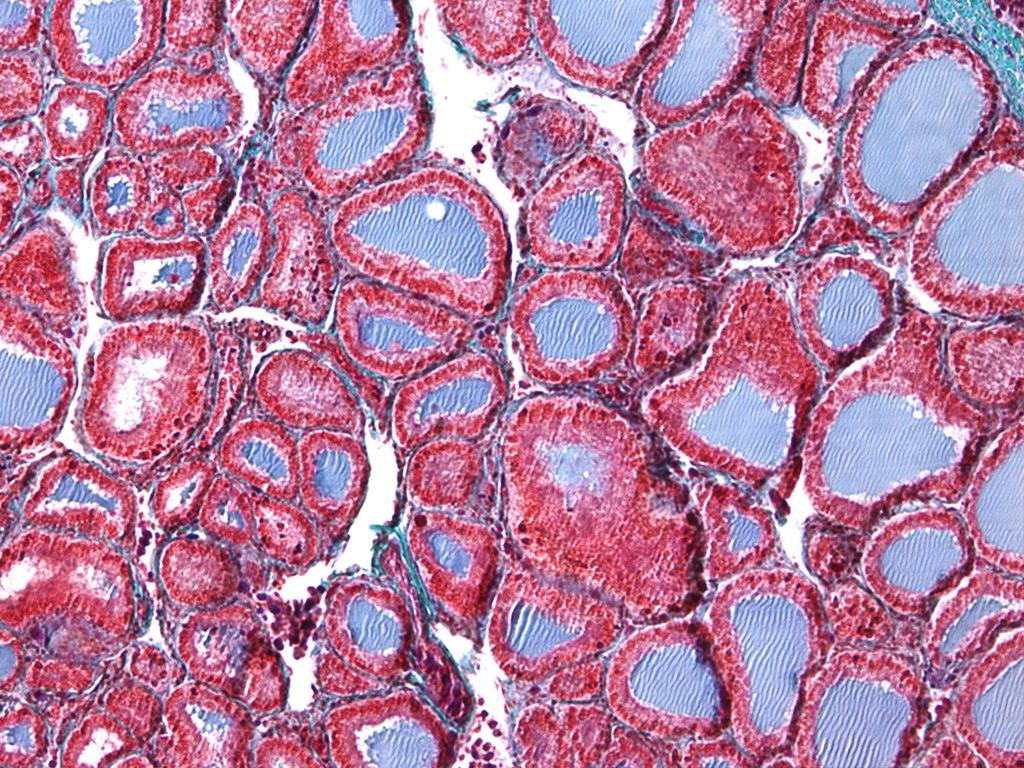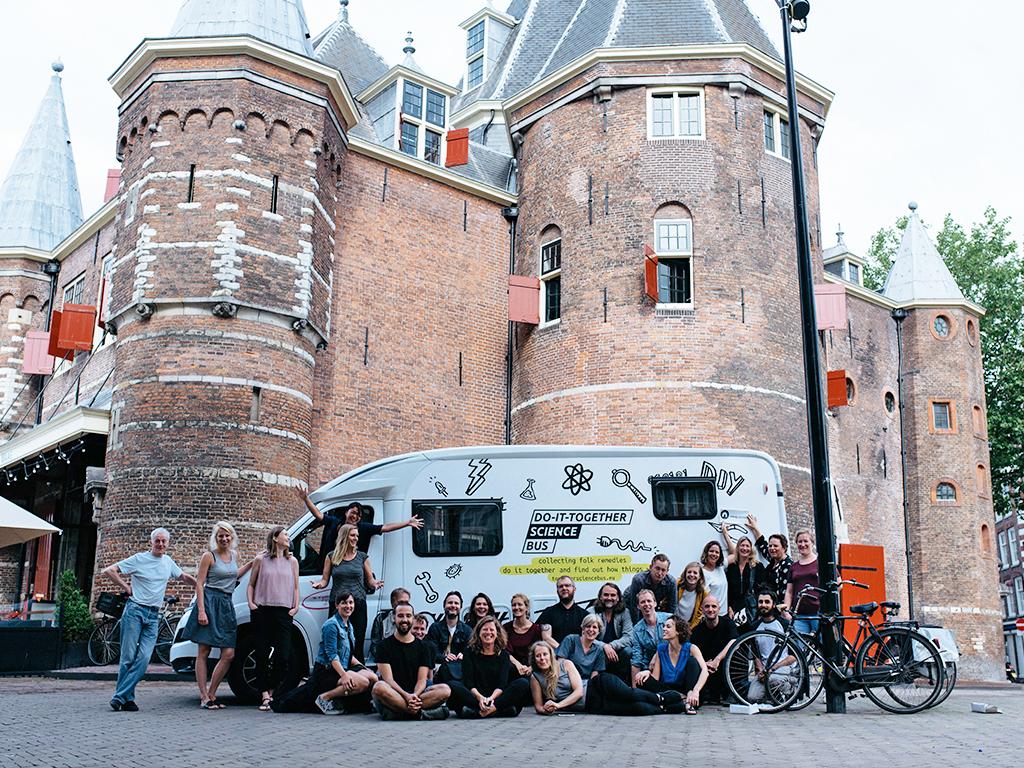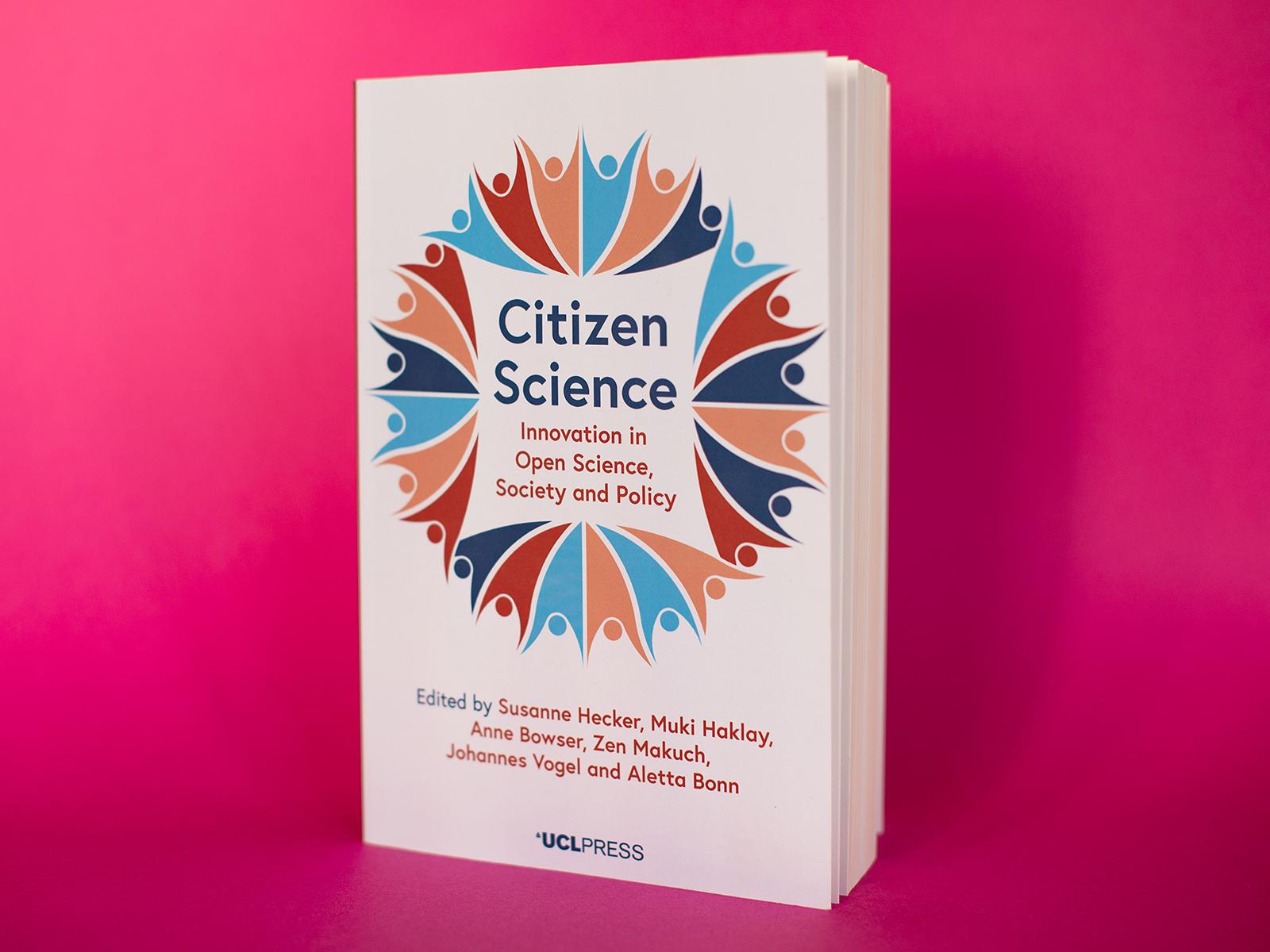Do-It-Yourself Human Enhancement Clinic: Your hormones, extract and deploy
What use are hormones, to us, to others, to other species? What if you extract them yourself instead of leaving that to the pharmaceutical industry? What can you make? Cocktails, connections, corrections?
In this first edition of DIY Human Enhancement Clinic, invited artists-researchers Maja Smrekar and Špela Petrič will teach and tell you how and what for to isolate your own hormones, by extracting them from your urine. What can we then use these hormones for? Injecting them back into our bodies, or mixing them into a fancy cocktail.
Maja and Špela will show us — with a special appearance of Mary Tsang and Byron Rich of the Open Source Estrogen project — that hormones are not only influencing our own bodies. New ways of modifying our hormones also affects our relationships with the species around us, and these effects aren’t always as straightforward as you may think. Starting from Maja’s K-9_topology project, Špela’s exciting new work with plants, and your own hormones in the test tube before you, we will open a discussion on human enhancement that us out of our human-centeredness.
This workshop is suitable for artists, students and scientists and anyone interested. Entrance fee € 10,-
The DIY Human Enhancement Clinic investigates novel strategies for public engagement with new developments in biotechnology. By bringing artistic, scientific and humanities research together with the public in a hands-on space, the clinic aims to create reciprocity, shared responsibility and a more humane understanding and development of technologies to enhance human kind.
Participants
Špela Petrič
Špela Petrič (1980), BSc, MA, lives in Ljubljana, Slovenia. She was artist in residence at Waag and is now a fellow researcher. Her artistic practice combines natural sciences, new media and performance.
While working towards an egalitarian and critical discourse between the professional and public spheres, she tries to envision artistic experiments that produce questions relevant to anthropology, psychology, and philosophy. She extends her artistic research with art/sci workshops devoted to informing and sensitizing the interested public, particularly younger generations. She is a member of Hackteria and winner of the Bio Art & Design award.
Maja Smrekar
Maja Smrekar was born 1978 in Slovenia, 2005 graduated at the Sculpture Department of Fine Art Academy in Ljubljana, Slovenia; currently finishing MA at the New Media Department. Her main interests are based at the phenomenology of perception and the concept of life. Among others, she has been collaborating with Kapelica Gallery in Ljubljana for the last eight years and with Aksioma Institute for the last five years. Under their production she has been executing projects, connecting the intersections of humanistic and natural sciences into the interdisciplinary art works.
Mary Tsang
Mary Maggic is an artist-biologist practicing in civic biosciences, open source organisms and tools, and how to deploy them. Her projects explore the biopolitical nature of new biotechnologies, their roots in society and transhumanism, and the question of who gets emancipatory access. Since 2013 she has partnered with a filmmaker to produce a documentary web-series on “bio-art” and emerging communities in DIYBio. The web-series DIYSECT hopes to initiate conversations on the rapid effect of biotechnologies on our society. Her most recent work involves gender-hacking, estrogen synthesis/mutagenesis, and promises of "significant otherness." She is currently pursuing her masters in Media Arts and Sciences at MIT Media Lab, Design Fiction research group.
Byron Rich
Having grown up on the eastern edge of the Rocky Mountains in western Canada, where a seemingly endless wild gives way to the rapidly expanding influence of human hubris, Byron was compelled to make things that ask unanswerable questions. He pursued a degree in art at The University of Calgary before wandering the islands of the South Pacific, finally finding himself in Buffalo, New York where he obtained an MFA in Emerging Practices at The University at Buffalo. He now teaches Electronic Art, Intermedia and Painting at Allegheny College in Meadville, Pennsylvania.
This edition of DIY Human Enhancement Clinic is part of the DITOs project and supported by the European Commission.
This project has received funding from the European Union’s 'H2020-EU.5. - Science with and for society programme' under grant agreement no. 709443.


